The new E10 petrol grade is being introduced across the United Kingdom from September 2021. The move is part of the government’s strategy to reduce harmful emissions from transport
Although the new E10 petrol retains the same 95-octane rating as existing unleaded petrol, it contains a much higher proportion of ethanol. Currently, all petrol supplied at filling stations contains a five per cent mix of ethanol, which is why it is known as E5. However, from September 2021, that proportion will be doubled in standard grade petrol. The fuel will be identified by the code E10.
This change will not affect Toyota owners with a diesel-powered vehicle.
Which Toyota models can use E10 petrol?
If your Toyota has a petrol engine or hybrid powertrain and was officially produced for European markets since January 1998, it will be compatible with E10 petrol.
The only exceptions to this rule are the following vehicles:
- Toyota Avensis with 2.0-litre 1AZ-FSE engine made between July 2000 and October 2008.
- Toyota Avensis with 2.4-litre 2AZ-FSE engine made between June 2003 and October 2008.
If your vehicle was produced before January 1998, it cannot use E10 fuel.
Can you use E10 petrol in imported cars?
If your car is an imported model that was not officially sold in European markets, we recommend staying on E5 by using super unleaded, which has a higher octane rating. Having received queries from owners regarding specific imported models, we are investigating this further.
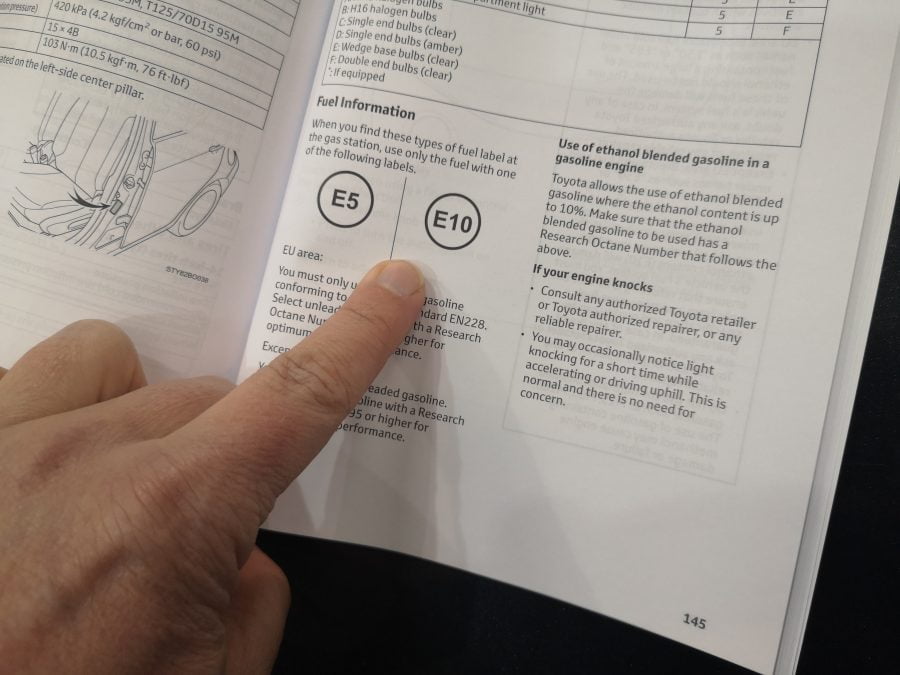
How can I check if my Toyota can use E10 petrol?
This can be confirmed by checking the owner’s manual or looking at the information printed on the inside of the fuel filler flap. If you are still unsure, use E5 petrol, which will continue to be dispensed from the super unleaded pump at many filling stations.
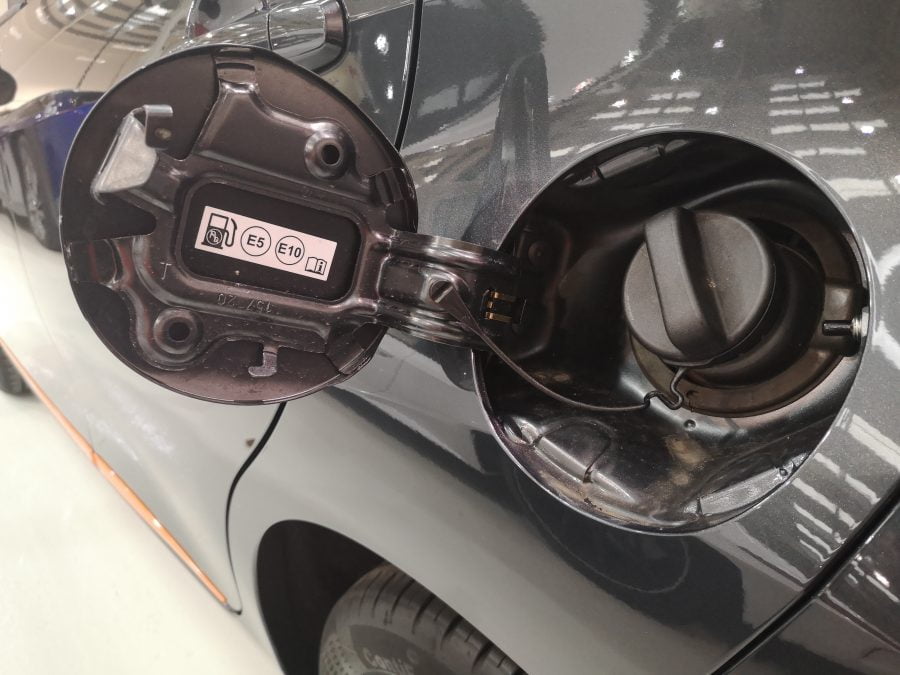
Why is the ethanol content being increased?
Ethanol is a renewable, non-fossil biofuel produced from sustainable sources. It is made using by-products from the farming industry, such as those from wheat, corn and sugar crops.
By increasing the proportion of biofuel in petrol, the content of fossil fuel and therefore our reliance on it decreases. This will reduce the overall levels of CO2 (carbon dioxide) emissions from vehicles and help the government achieve its climate change targets. It has been calculated that this change from E5 to E10 petrol will cut harmful transport emissions by 750,000 tonnes a year. That’s the equivalent of taking 350,000 cars off the road.
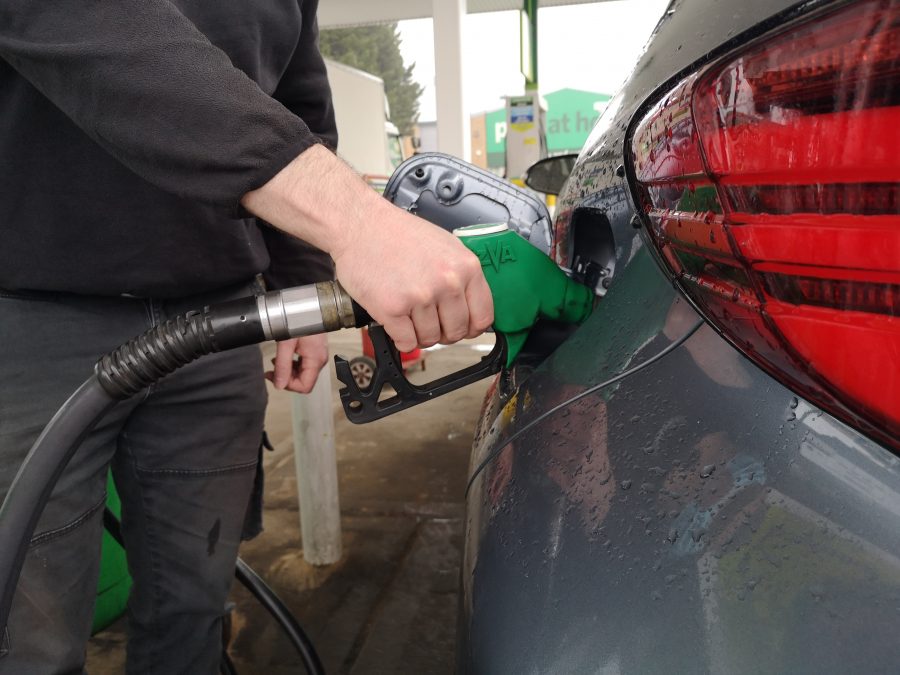
Why isn’t the ethanol content much higher?
The composition of ethanol is different to that of a crude oil based fossil fuel such as petrol. Higher blends of ethanol can cause corrosion of some rubbers and alloys used in the engine and fuel systems of some older vehicles.
A small number of these vehicles will need to continue using E5 petrol, and this will remain widely available at filling stations in super unleaded grade.
Is this change to E10 petrol only happening in the UK?
No. In fact, E10 petrol is already common throughout the world. It has also been the reference fuel used for all new car emissions and performance testing since 2016.
Useful link The government has a simple ‘E10 checker’ tool on its website here.
Read more Toyota hybrid – how does it work?
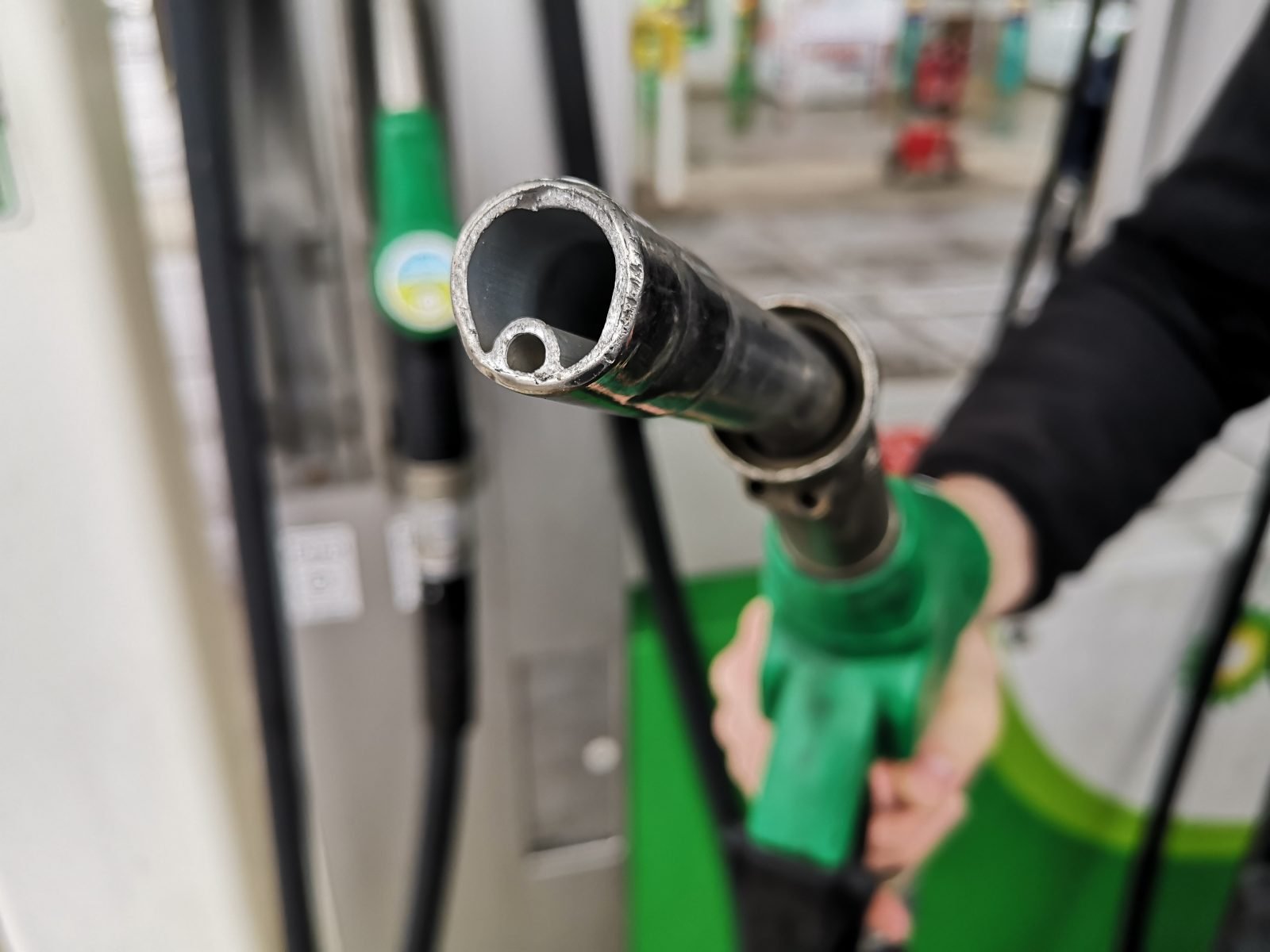
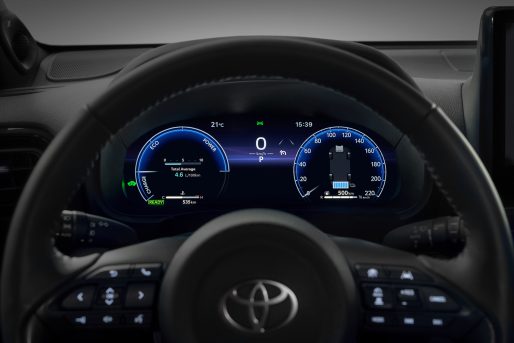


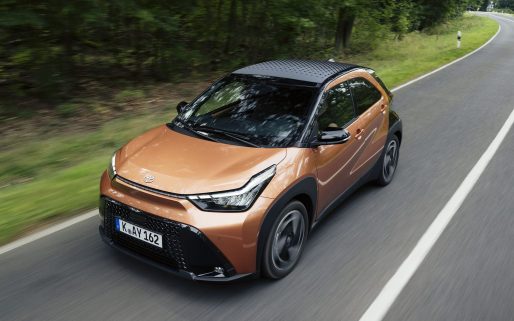
Hi.I have a 2004 1:3 Toyota Yaris T3, I think assembled in France,is to compatible with E10 fuel? Many thanks
Hi Ralph,
Please provide us with your registration so we can look into this for you.
Thanks.
Hi rob. My Yaris is registration number. YX04WNR. Is this the info you wanted?Ralph Walker
Hi Ralph, thanks for your comment.
Your Yaris will be fine to use E10 fuel.
Thanks.
Can you confirm if both my older Toyotas are compatible with E10:
Yaris – Y54KGU
Avensis – FH03TSY
Thanks
Hi Rob,
Thanks for your comment.
Your Yaris and Avensis are both okay to use E10 fuel.
Thanks.
Can my 1996 toyota celica use E10 fuel?
Hi Lee,
If your vehicle is produced before January 1998 it cannot use E10 fuel.
Thanks.
You have not answered my question as the only difference between my engine and others that are not affected is that mine has direct injection and that is where the answer should be. It is unlikely to be corrosion for the reasons given and why would Toyota only use corrodible components on two engines.
My Toyota Avensis has a 1AZ-FSE engine and is not compatible with E10. Could you please tell me what are the properties of the fuel that make it incompatible with this engine. Ie Density, Viscosity, Flash point or whatever.
Hi Derek,
The only information we have is due to the higher ethanol content in E10 fuel, it is incompatible with certain engines.
If you require further information, we would recommend contacting a fuel manufacturer.
Thanks.
Can you check my car avensis LN04CMY
Hi there,
Avensis with a 2.0 litre petrol engine produced between July 2000 and October 2008 cannot use E10.
Please continue to use E5.
Thanks
Hi,
I have a japanese import 2001 Grand Hiace/Granvia with a 3.4litre V6 engine. Is this compatible with E10 fuel?
Hi Jerry,
Thanks for your comment.
Unfortunately, we don’t have any information on imported vehicles so can only recommend that you continue to use E5 fuel.
Thanks.
Will my 2010 Toyota Yaris OY10UWZ be compatible with E10. I’m getting different answers?
Hi there,
As your vehicle is produced after January 1998 and is not on the exceptions list, you can use E10 fuel.
Thanks.
Is the Rav 4 affected by E10 petrol issue , looking at buying one the registration number is EA55 BNJ
Many Thanks
Sam
Hi Sam,
As your vehicle is produced after January 1998 and is not on the exceptions list, you can use E10 fuel.
Thanks.
Hi. I have a Toyota Estima Hybrid 2004 BC04 FOA Its an import, can I use the A10 petrol? Thanks👍
Hi Graham,
Thanks for your comment.
Unfortunately, we don’t have any information on imported vehicles so can only recommend that you continue to use E5 fuel.
Thanks.
My son has a 1990 Toyota Sera,can this model use E10 fuel ?
What exact components can fail with e10 .being used in an average of 7000 miles a year
Hi Gary,
Thanks for your comment.
As your vehicle is produced before January 1998, it is not compatible with E10 fuel.
The Higher blends of ethanol in E10 fuel can cause corrosion of some rubbers and alloys used in the engine and fuel systems of some older vehicles.
Thanks.